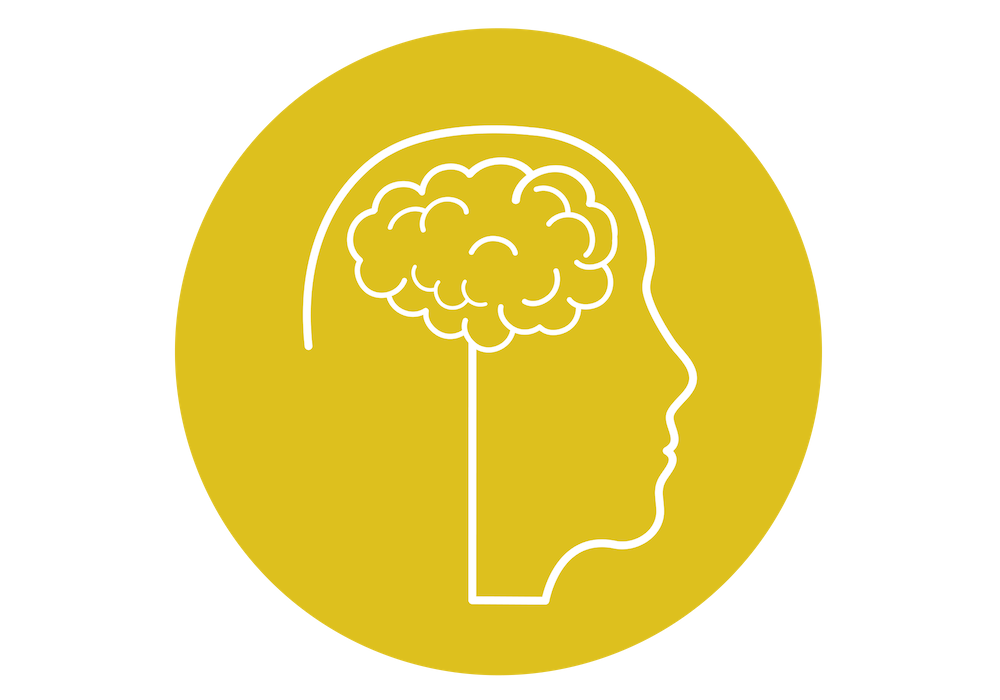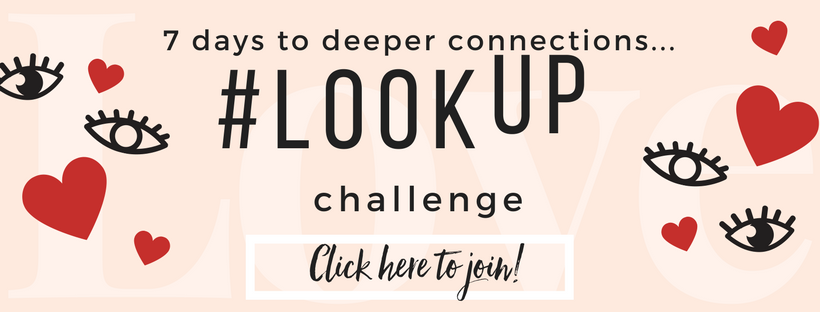Child Anxiety + Fear
Anxiety + fear go hand in hand.
Even in the earliest months of life, your baby's brain is working 24-7, trying to make sense of all that they are seeing and hearing. And while we have the tendency to think that, "they are just babies - thinking in colors and shapes," there is actually a lot more going on in that fuzzy little head of theirs.
If you're stopping by because you need some quick answers and quick engagement tips, check my post featuring an EXCELLENT book about anxiety for children.
Your baby is much more intuitive than you think.
Babies are wired for survival. When faced with the unknown (and there is a LOT of unkown in infancy), they tune in to their most trusted caregivers: you. Babies interpret + associate meaning to their parents' moods, behaviors, and facial expressions as early as 3 months old. THREE MONTHS! That means, before your child is even able to roll over on their own, their little minds are building a foundation and assigning meaning to emotions + feelings about the world around them through your face, tone of voice, and actions.
Right from the start, babies are figuring out what's happening in the world and how to feel about it through your nonverbal and verbal signals. They are constantly reading you and identifying how to feel based on the examples you are giving them. In fact, this is one of the chief reasons I am so passionate about you taking the Lookup Challenge! I want to help you free up your gaze and your face because your baby really, truly needs both!
Babies are looking at you a little over 70% of the time that they are awake to determine what happy looks like, what mad sounds like, etc. Plus, they search your signals to determine whether or not they are safe, or if they should be wary and afraid.
All children experience fears during childhood.
Some might be afraid of the dark, monsters under the bed, strangers, clowns (because who didn't have a traumatizing experience with a clown when they were a kid), etc. These kinds of fears are normal aspects of development and are temporary in nature. However, threatening circumstances that elicit fear and anxiety, or traumatic events that children just can't seem to get over, pose a significant risk for adverse long-term outcomes from which children do not easily recover.
If your child has had long term exposure to acts of violence, aggressive behavior or environments with verbal or physical abuse, don't feel shame -- seek help! Children are resilient but need your loving assist in their recovery.
Science shows that exposure to circumstances that produce persistent fear and chronic anxiety can have lifelong consequences by disrupting the developing architecture of the brain.
Now, does that mean that being afraid of the dentist is going to send your child into a spiraling pit of anxiety for the rest of their life? No - not at all. But the stress research does encourage us to have focused discussions about why your children feel uncomfortable. We can also provide comforting preparation about what they can expect from the dentist + WHY they are doing it, and maybe even some positive role playing before their next teeth cleaning.
We don't (and shouldn't) protect our children from these normative stressors, but we also shouldn't disregard their discomfort all together. You are powerful mama, and you can help your children develop coping mechanisms.
Some anxieties + fears are normal and can be unlearned.
Here are some of the best ways to help your child overcome their fears + anxieties.
4-steps on facing fears + anxiety:
1. Look up + remember: your child needs your gaze.
You're child references YOUR FACE as a means of stability, courage, and understanding. They look to your eyes and feel your gaze as a way to interpret the level of danger and regulate their arousal. Looking up (rather than being buried in your phone) long enough to notice the nonverbal cue of your child's anxiety is so important. It is also important to be looking up after anxiety has been noted or even in situations that you might assume are scary, as a means to provide your child with a life line to self-regulation, arousal control, and confidence.
If you are totally sold and want to make sure you're tuned in to your kiddos needs and signals take the lookup challenge. You won't be made to ditch your phone, but you will develop habits for sustainable use and healthy availability to your children.
2. Talk about the big bad ugly and encourage your child to put words to their feelings. Words are a powerful thing. Manifesting complex and unsure feelings + emotions is hard, but important. Practice good probing and ask lots of open-ended questions. How do you feel? What do you think that feeling is called? When are other times you have felt that way? Do you think other people maybe feel that way sometimes too?
Remember to let your child do the talking. Try not to give them words when they are searching. Be patient + let them come to their own conclusions about their feelings.
3. Develop a ritual they can practice that prepares them to be strong + brave when faced with a challenging situation.
Whether it's deep rhythmic breathing, firmly clasping their hands together, or saying a quick phrase that reminds them the of power they have over their feelings, having a go-to, repeatable, fear concurring ritual prepares your child to face anxious situations and equips them with the tools to overcome uncomfortable + scary fears.
4. Lead by example + be intentional with the signals you are putting off.
If you are scared for them, THEY WILL SENSE IT. My daughter gets performance anxiety and it takes every fiber in some of our family member's bodies to not be nervous for her. Of course, we all want our children to succeed in overcoming their fears. But, we must first make conscious + intentional efforts to send them positive signals showing them that we think they can do it. When they look to you (and they will) they need to see that you know they are brave enough to overcome that big ugly, even if you might be a little nervous for them. Get your game face on.
Remind your child that being SCARED and feeling ANXIOUS is okay + normal. Anxiety just means you are about to do something really brave. Prepare and encourage them to be the boss of their own feelings and be intentional + present on the sidelines when they come toe-to-toe with their fears.
Look up + remember: your child needs your gaze.




